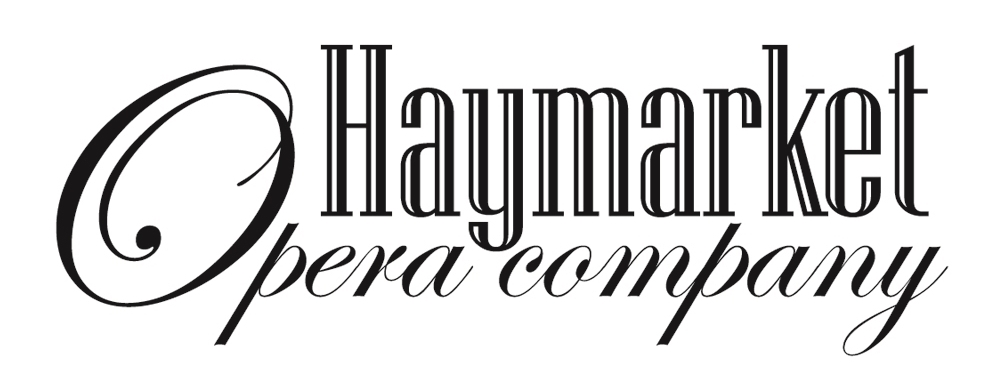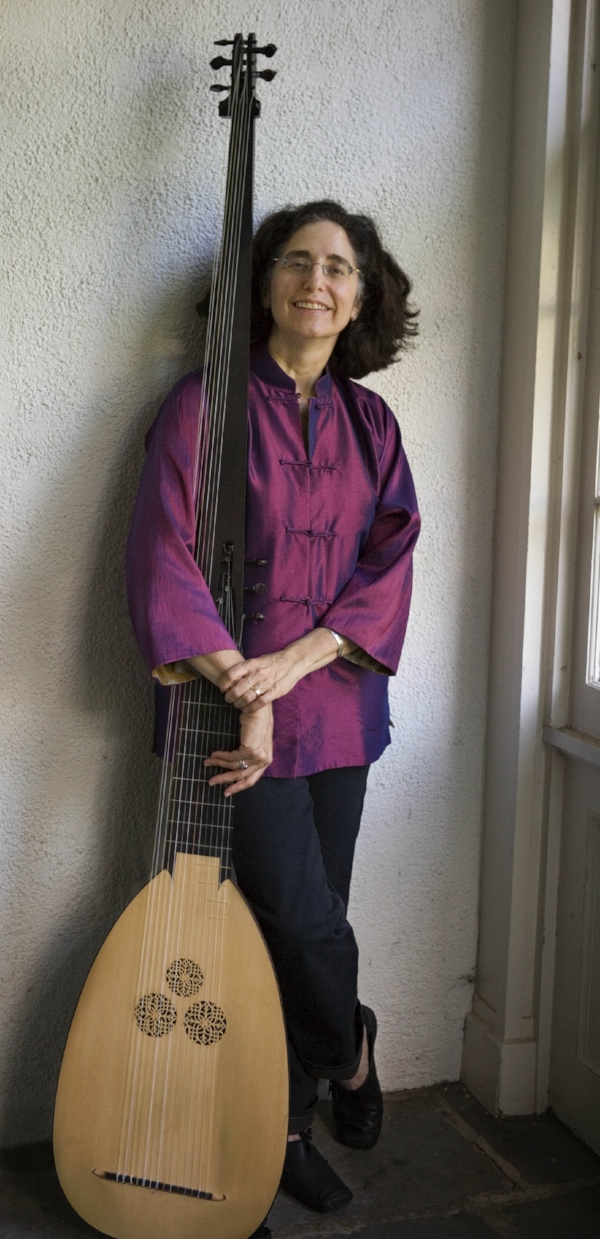Deborah Fox is the Artistic Director and founder, in 2005, of Pegasus Early Music, Rochester’s early music concert series, and also the director of NYS Baroque in Ithaca and Syracuse.
A lutenist with a span of repertoire ranging from medieval to baroque music, Fox has performed as a soloist, chamber music player, and baroque opera continuo. She has appeared with major early music ensembles and festivals from Newfoundland to Sydney, including the Carmel Bach Festival, Glimmerglass Opera, Les Violons du Roy (Montreal), Spoleto Festival, Opera Atelier (Toronto), Aradia (Toronto), Tafelmusik, Concert Royal, Brandywine Baroque, Music of the Baroque and Callipygian Players (Chicago), and others. Frequently she travels to Australia to work with Pinchgut Opera in Sydney.
She received the Certificate of Advanced Studies in Early Music at London's Guildhall School of Music, specializing in the improvised accompaniment practices of the seventeenth century. Her teachers have included Paul O'Dette, Pat O’Brien, and Nigel North.
Fox performs as a regular member of the baroque chamber music ensemble Fioritura. She has made recordings for Naxos, Sonabilis, the Australian Broadcasting Corporation (ABC), and Centaur, as well as the disc Io Vidi in Terra with countertenor José Lemos and harpsichordist Jory Vinikour on Sono Luminus. She has been a Teaching Artist for the Aesthetic Education Institute.
Hear Deborah in Oratorio per la Settimana Santa March 8 & 10, 2018 - Get your tickets now!
How did you get started in music?
Childhood piano lessons didn’t go so well. I became a folk musician in high school, playing guitar and dulcimer and wanting to be Joan Baez.
How did you come to play your instrument?
After switching to classical guitar in college and then going on for a Masters degree in music I realized that I preferred to play the lute. I was more attuned to the repertoire, more interested in the time period, and curious about how they played music back then. The first time I played lute on stage in a concert, my hands, which had always been freezing from stage fright when playing guitar, were warm. That made the transition easy.
What is the biggest challenge you face as a musician?
There are two; the first is a joy -- finding time to play all the wonderful music that I know is out there. The other is maintaining physical health. Our bodies are also instruments, and the years of playing and practice and lugging instruments take a toll; it’s very important to take care of ourselves.
Do you have a favorite performer?
Aretha Franklin, Paul O’Dette, Elizabeth Wallfisch.
What are a few of your favorite books about music?
The Rest is Noise (Alex Ross), The End of Early Music (Bruce Haynes), and, for a really nerdy but indispensable choice for programming, Italian Violin Music of the 17th Century (Willi Apel).
What else are you reading?
A Gentleman in Moscow (Amor Towles), Homegoing (Yaa Gyasi), many back issues of the New Yorker.
Who are your favorite 17th- and 18th-century composers?
Monteverdi above all. Okay, these aren’t all from the 17th and 18th centuries but are in my repertoire: Dowland, da Milano, Cavalli, Strozzi, Handel, Bach (of course), Rameau, Machaut, and usually the last composer I performed.
If you were stranded on a desert island, is there one piece of music you would like to have with you?
Monteverdi Vespers of 1610.
What drew you to early music and period instrument performance?
Julian Bream made some recordings of Francesco da Milano and Holborne on lute which gripped me and made me decide to take up the lute. Once I started to play one kind of lute, I was drawn in to playing the others. I love the aspect of historical performance that involves doing research about a period, a composer, a piece, a place, an event—and then digging in libraries, finding the music, and putting together a program. I enjoy being a continuo player, playing the accompaniment and improvising from the bass line, in the same role as a harpsichordist--- lots of opportunities for interaction with the other performers to bring the music to life. And I just love the sound of period instruments.
How many instruments do you own?
Seven: 2 renaissance lutes, 2 theorbos, 1 archlute, 1 baroque guitar, 1 vihuela.
Which one do you play the most?
It depends on the repertoire, but mostly theorbo and baroque guitar.
What are the main differences between your period instrument and its modern version?
That’s easy—there is no modern version of the lute!
What do you love about HOC?
I haven’t yet played with HOC, but I am looking forward to this set of concerts. I am so impressed with all that HOC has accomplished so far, their great musical integrity, and their sustained growth.
What is your favorite thing to do when you’re not making music?
I have a regular yoga practice, I like to cook, hike, and read, and I am taking a beginner’s art class. And my new kittens are incredibly distracting….
What is the first thing you think about in the morning?
“Where’s the espresso machine?”
How would you describe the relationship between you and your instrument?
We work together.
Who are your musical heroes?
Paul O’Dette, for his abundance of knowledge and curiosity, as well as his virtuosity; Liz Kenny, a fabulous continuo player; Aretha Franklin, who can sing a phrase and an ornament like no one else; my first guitar teacher Phil de Fremery, who taught me to take music seriously and not be afraid to find my own way.
If you had to play only one composer for the rest of your career, whom would you choose?
Monteverdi.
What music do you listen to most often?
Baroque music, actually--- often string or vocal music. I also like R&B. And I love Brahms.
If you had not been a musician, what do you think you would have done instead?
I was headed towards being a historian but got sidetracked by making music. The other field that intrigues me is architecture, “frozen music.”

